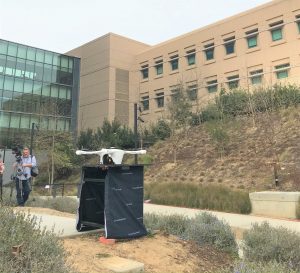A note from Mark Cafferty
Despite the State of California “reopening” last week, I think I have accepted the fact that things will not truly be back to normal for a very long time; yet at the same time, we see signs all around us that the way of life we all knew before the pandemic is starting to resume. In the months ahead, Team EDC will begin returning to the office much more regularly.
While numerous things have changed about our work at EDC, the regional goals that we set for 2030 remain unwavering. The need to develop more quality jobs within our small businesses, more skilled workers, and more thriving households across San Diego has only become more prominent. Now more than ever, these Inclusive Growth goals must be our guideposts in re-establishing San Diego’s economic resiliency, growth, and well-being.
By the Numbers
- 6.9% San Diego County unemployment rate
- 181 businesses assisted year-to-date
- 8K jobs impacted year-to-date
- $763.5K median San Diego home price
Featured Stories
- Creative Electron secures tax credit and expands workforce; develops Six Sigma expertise
- New: San Diego Business Hub takes small businesses online, boosts resilience
- WTC: San Diego’s global brief: May 2021
- AAPI owned and operated businesses in San Diego
Investor Recognition
- Bridgewest Group
- Colliers International
- Dentons
- Jacobs Center for Neighborhood Innovation
- Jerome’s Furniture
- Neighborhood House Association
- Paul, Plevin, Sullivan & Connaughton LLP
- Teradata
- ThermoFisher Scientific
